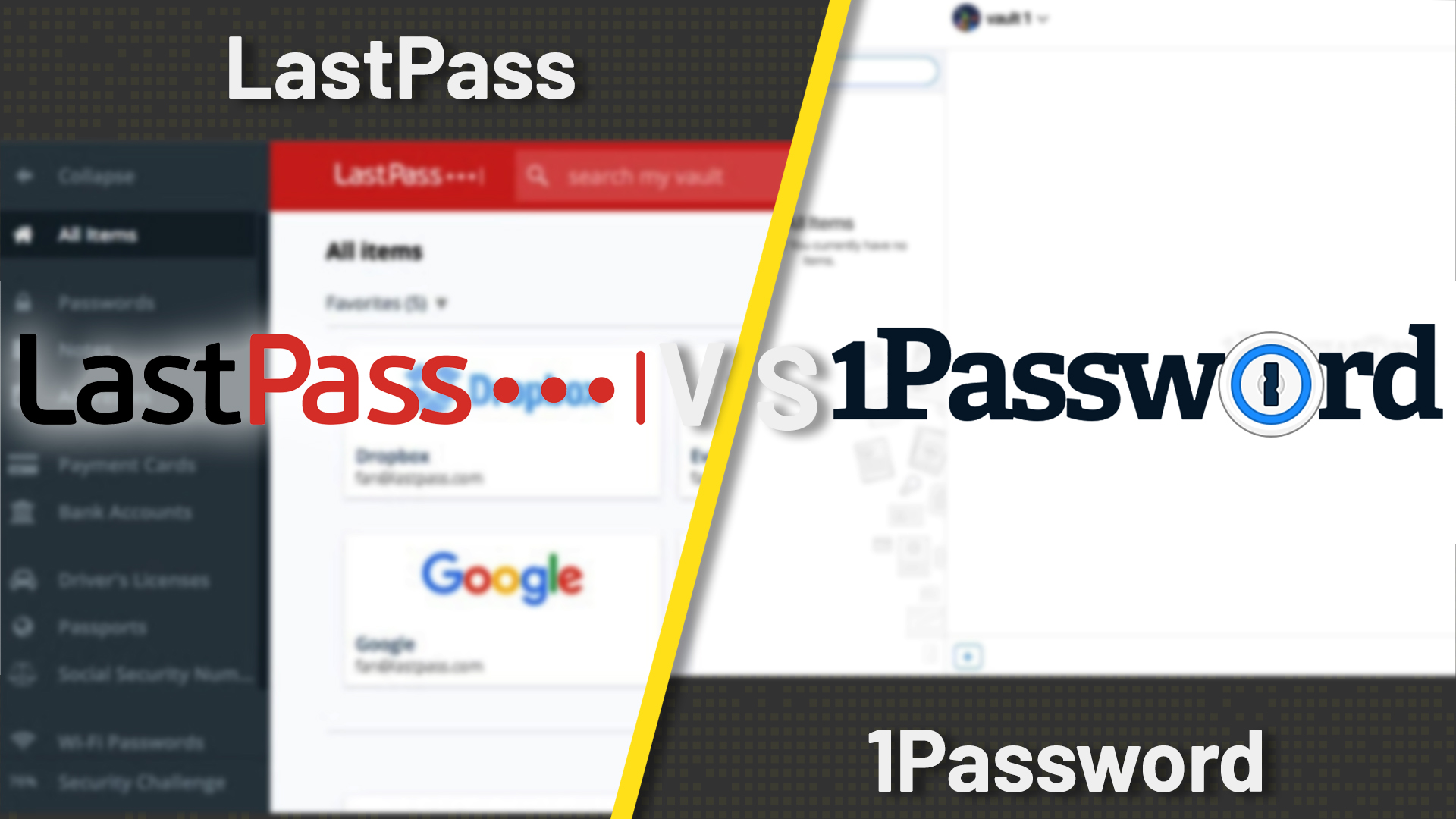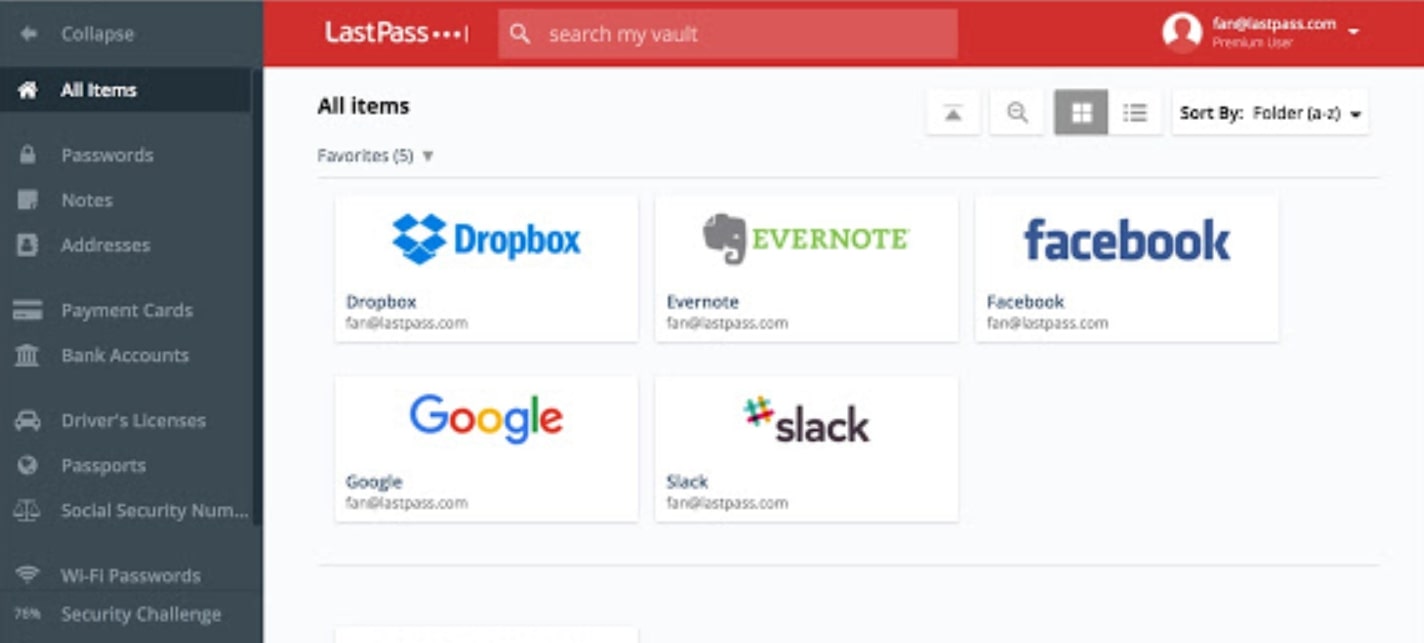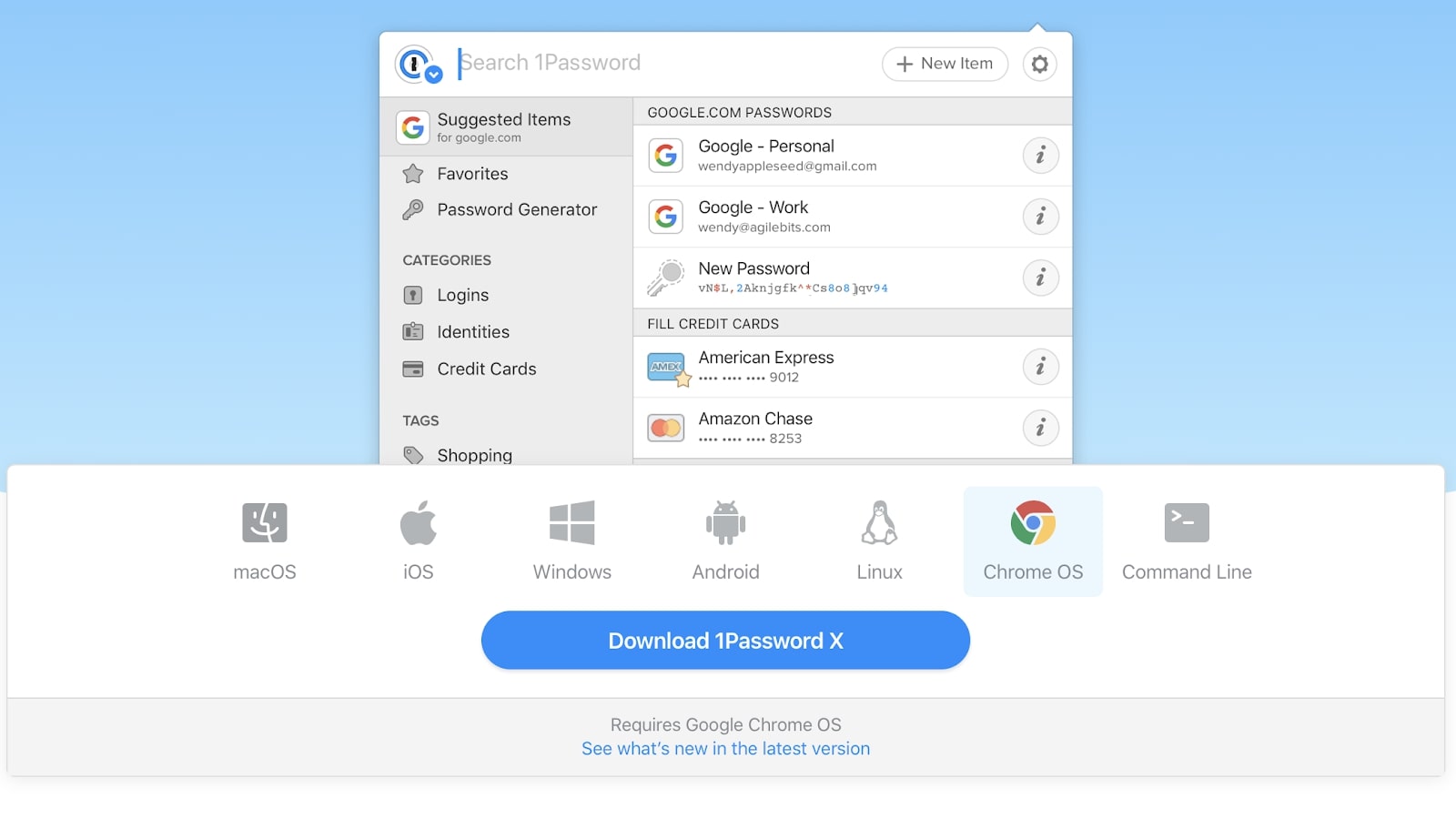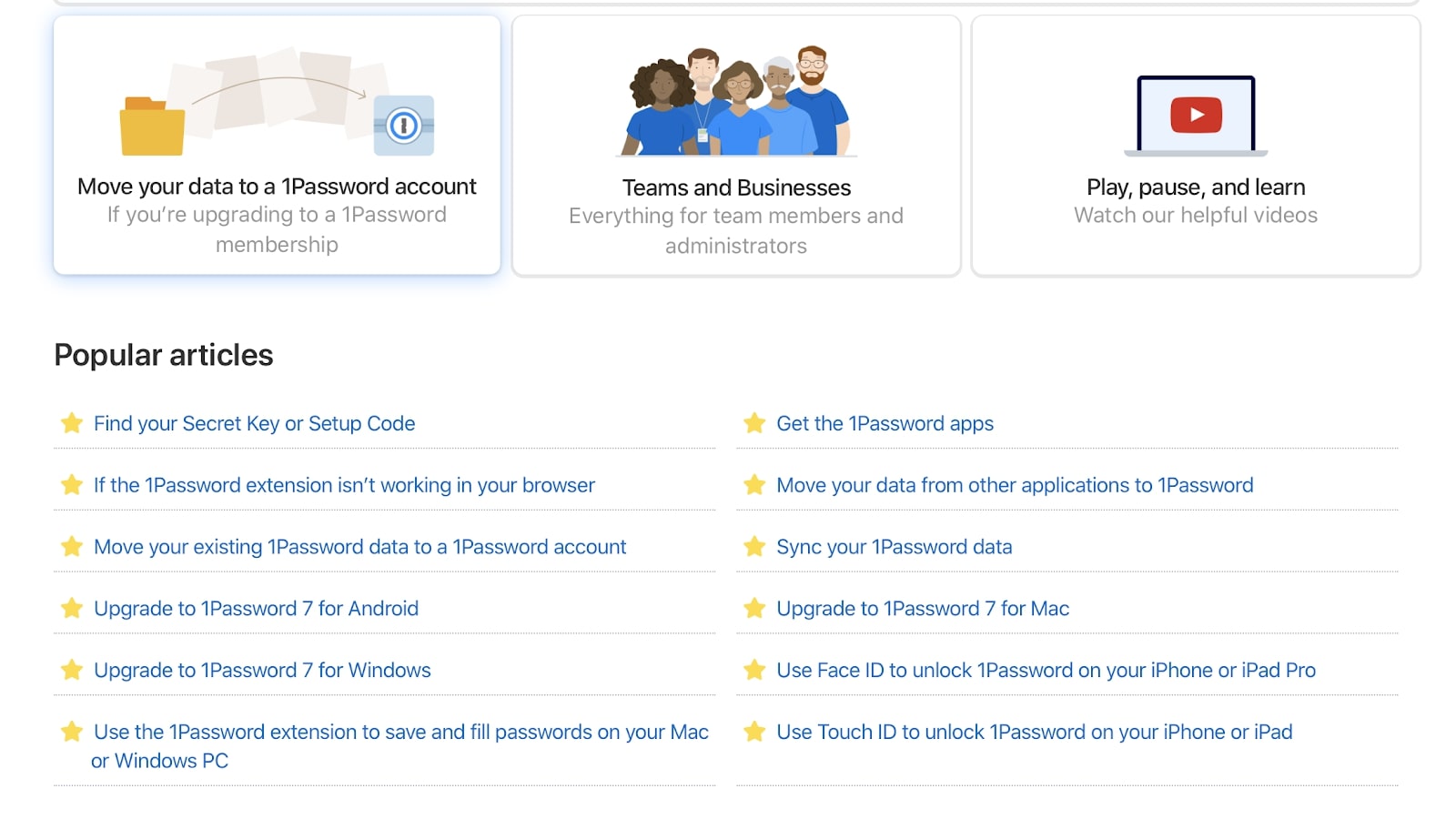LastPass vs 1Password
In comparing LastPass vs 1Password, we evaluate the two excellent password managers to see which comes out on top, studying security, pricing, support, and more


Password managers are a great way to store and save important logins, without compromising security, whether you're an individual or a business.
Creating unique passwords for each site or app mean keeping information and data secure, but despite being so critical to security, the sheer number you'll have can make it impossible to remember them all, especially if they're all strong passwords.
Both LastPass and 1Password are two of the most popular suites on the market, are both are up there with the best password managers for business or personal use.
In comparing the two, we found that while LastPass's free plan is ideal for individuals, both are highly competitive in this packed market. We looked at the pros and cons of each, and looked to see which came out on top.
- LastPass: strong features across platforms
LastPass is available for Windows, macOS, Linux, Android, iOS, and Chrome OS, and offers versatile password management across free and paid plans. Top features include its solid interface, range of 2FA options, and a great free version supporting unlimited passwords with a built-in strong password generator. - 1Password: highly-secure, tool-packed service
Across Windows, macOS, Linux, and mobile OSs, 1Password supports 2FA and AES 256-bit encryption, with plans for individuals, families, teams, and enterprises offering file storage, team administration, keylogging protection, and security breach alerts.
LastPass vs 1Password: Features

While 1Password and LastPass are technically password managers, each application enables users to store other pieces of information, such as credit card numbers, notes, and documents. 1Password subscriptions come with 1GB of file storage per user. Similarly, paid LastPass subscribers get 1GB, but free users are limited to just 50 MB.
Security is one of the most important factors to consider when comparing password managers, and both LastPass and 1Password provide excellent protection. Keep in mind that neither platform stores master passwords—you could permanently lock yourself out of your account if you lose track of your password, and don’t have access to a device that’s already logged in.
While 1Password and LastPass offer password inheritance, each application requires the approved user to have access to a 1Password or LastPass account. With 1Password, you’ll need to be on a shared family or team account to configure emergency access. LastPass, on the other hand, provides the option to give access to someone who has a separate account of their own.
Get the ITPro daily newsletter
Sign up today and you will receive a free copy of our Future Focus 2025 report - the leading guidance on AI, cybersecurity and other IT challenges as per 700+ senior executives
Of course, each platform also comes with basic features such as password generators, information sharing, and 2FA. In short, you’ll have everything you need to keep track of your passwords, regardless of the application you choose.
LastPass vs 1Password: Performance

Even though both have clean and professional designs, the 1Password interface is noticeably sleeker. Additionally, while LastPass apps and browser extensions are available for Mac, Windows, Linux, Android, and iOS devices, 1Password also has a dedicated app for Chrome OS users.
Each quickly syncs changes to all authorised devices, so you’ll never have to worry about storing outdated passwords. Storing them on individual devices might appear simpler at first, but that approach makes it easy to lose track of your passwords if you forget to manually update them on every device.
That said, both brands give you the option to control passwords either locally or through the cloud. 1Password X connects to your online account, while the browser extension is limited to local data. You can use one or both of the applications, depending on your needs. Both the extension and X are available for Mac and Windows.
LastPass also has browser extensions and desktop apps for Windows and Mac. The Online Vault is automatically synced across devices, while Local Vaults are stored on individual devices and require separate updates.
LastPass vs 1Password: Support

Both 1Password and LastPass have informative articles on various features and settings. These resources will help you learn to use each application and resolve technical issues. Furthermore, each has a relatively active support forum where users can ask more detailed questions.
That said, 1Password is significantly more helpful when it comes to getting one-on-one support. You can expect a quick email response 24/7, and Enterprise users can speak directly to a dedicated account manager. While LastPass offers 24/7 phone support, this is only available for Teams and Enterprise subscribers. Free, Premium, and Families users are limited to email support, and there are no listed hours or estimated response times.
LastPass vs 1Password: Pricing and plans
LastPass and 1Password have somewhat similar pricing models, with the notable exception of the LastPass free plan, which we feel makes it one of the best free password managers available. Instead of a free trial, LastPass provides individual users free ongoing access to basic features like password storage, password generation, and two-factor authentication.
LastPass Premium starts at £2.60 a month for individuals and £3.40 a month for families of up to six people. Business plans are available for £3.40 per user a month for teams with 50 or fewer members, and £5.10 per user for teams with 51 or more.
Similarly, 1Password subscriptions cost £2.43 a month for individuals and £4.06 a month for families of five or fewer people. Business users can sign up for the basic Teams subscription (£16.21 a month) for up to 10 employees, or the more advanced Business plan (£6.49 per user a month), depending on their needs. 1Password also offers custom quotes for enterprises that need account managers, onboard engineers, or other services.
LastPass vs 1Password: Verdict
LastPass and 1Password are two of the best password managers on the market, and it’s easy to see why they’re trusted by so many users. While each one has a few minor advantages and drawbacks, it’s hard to identify a clear winner when they match each other’s features in so many areas.
With that in mind, the right program for you ultimately depends on your unique needs. If you’re looking for a free tool, for example, LastPass is the better option. On the other hand, 1Password is arguably more convenient for those using Chrome OS. Most users will get similar results from either application.
Further reading on password managers
Read our LastPass password manager interview to find out more about the company, its plans for the future, and its achievements. Lost your password? With the best password recovery tools you can retrieve lost passwords. There are also some great free tools available to test password strength.
Alex is a writer focused on providing insightful, actionable content that can truly change the way readers approach their finances. Alex has been writing as a freelancer for several years on a variety of topics including marketing, parenting, and customer relationships along with personal finance. He’s particularly interested in the way seemingly small adjustments can transform a person’s financial outlook.